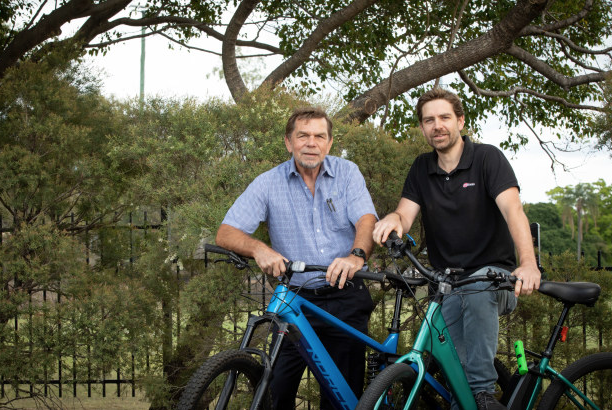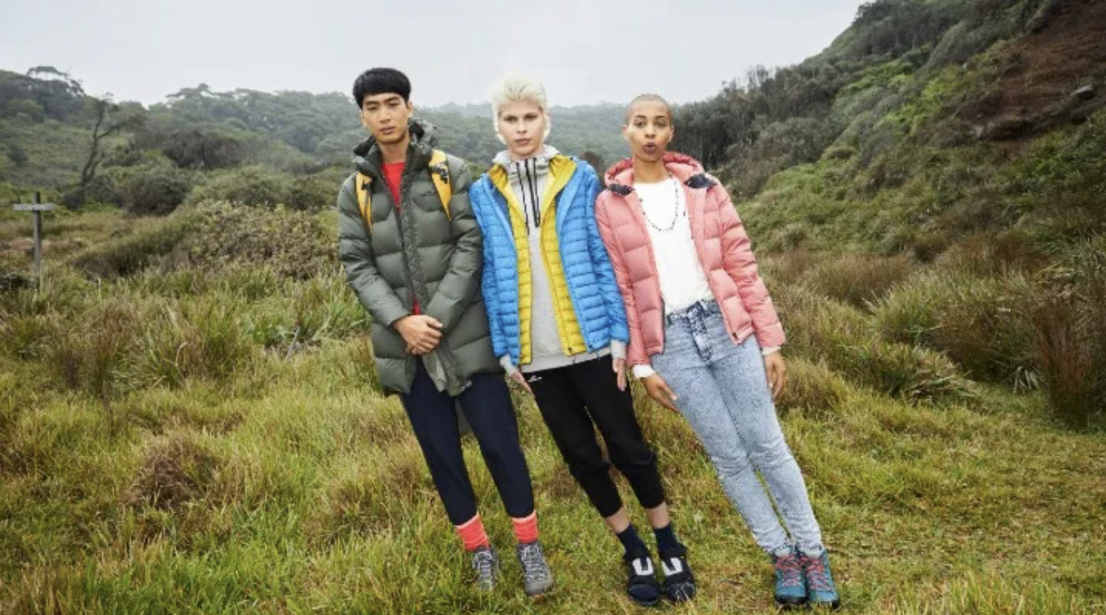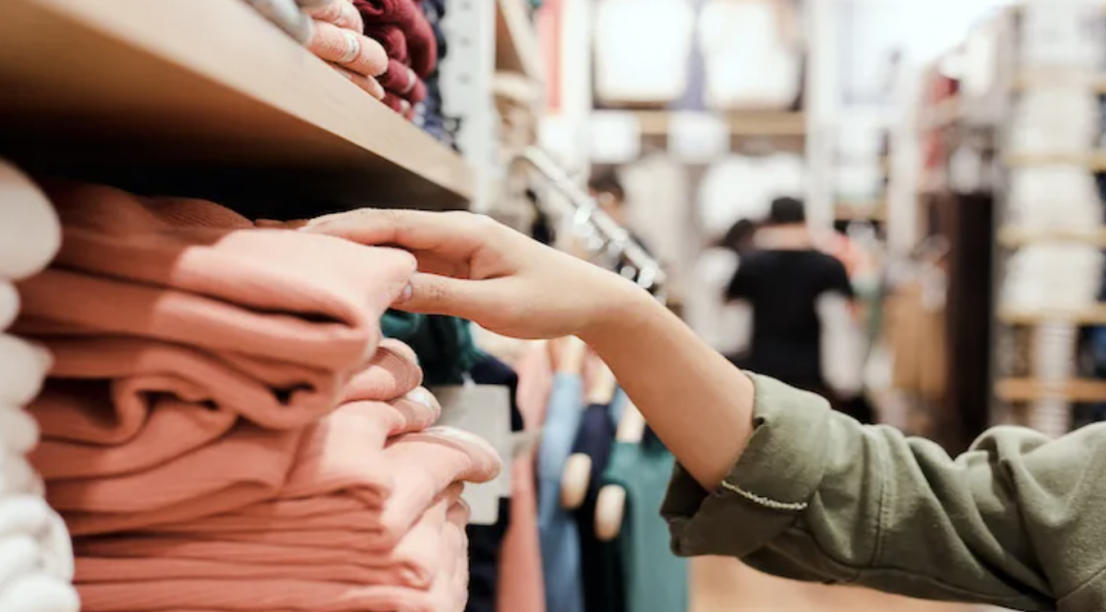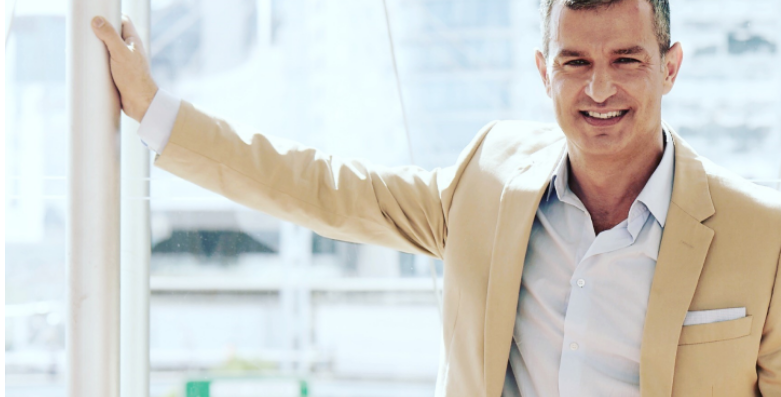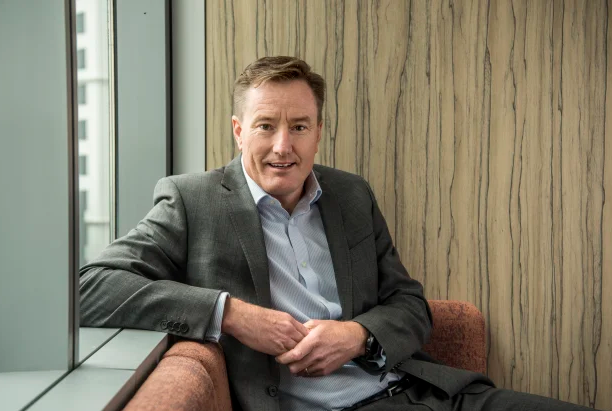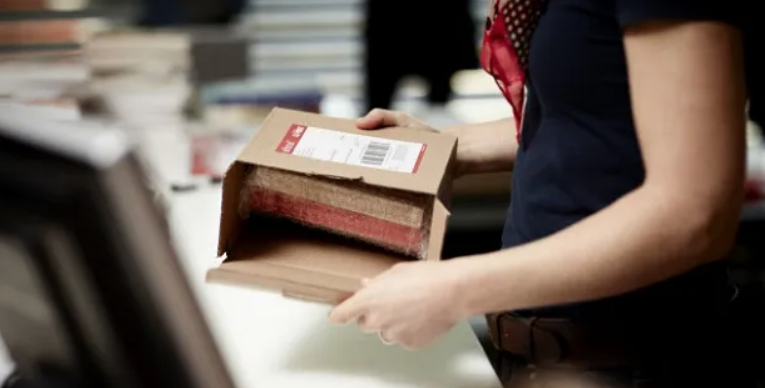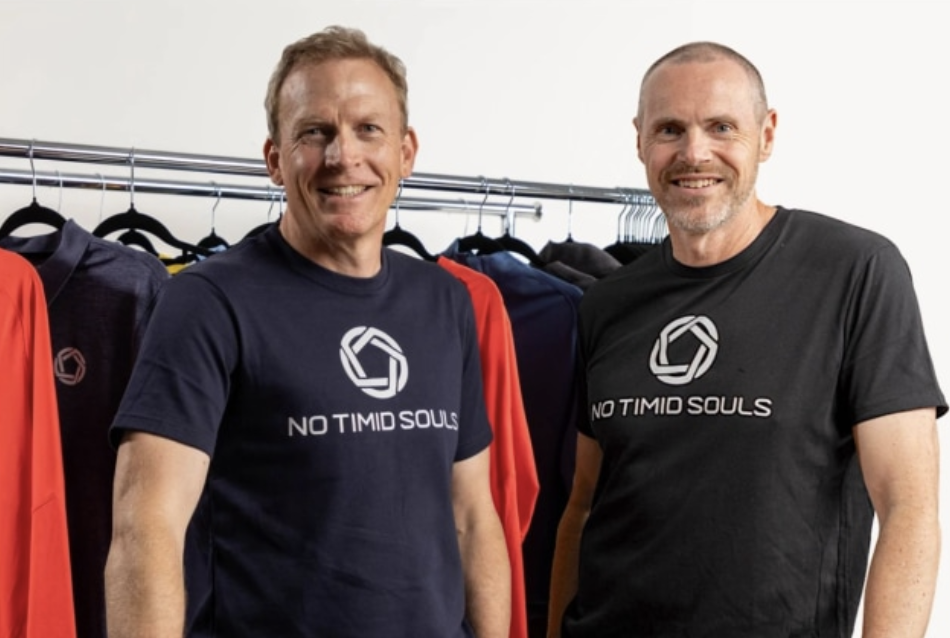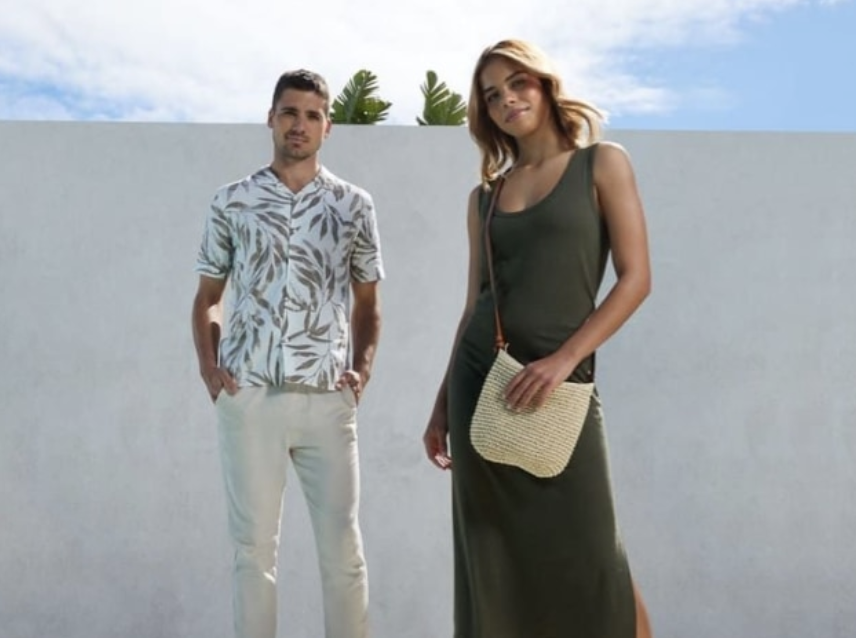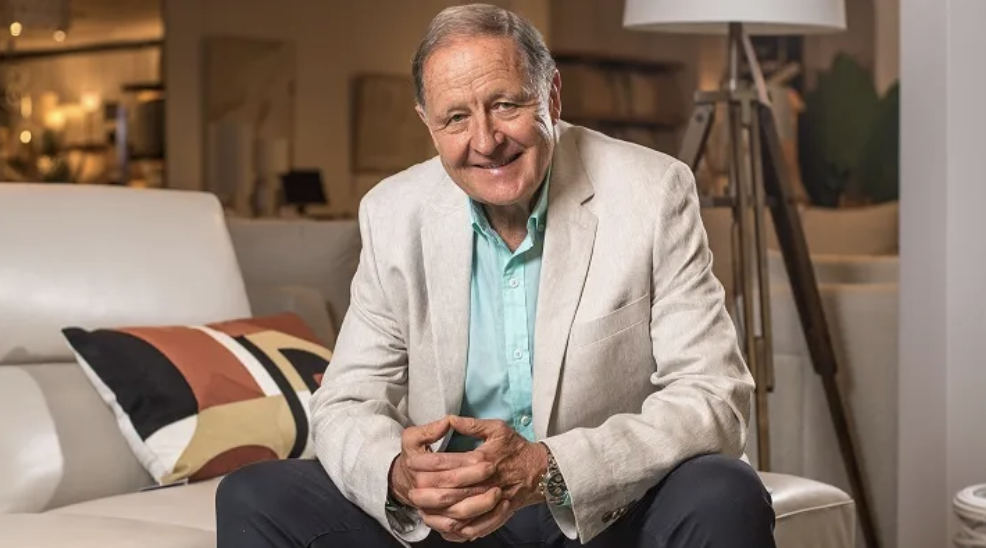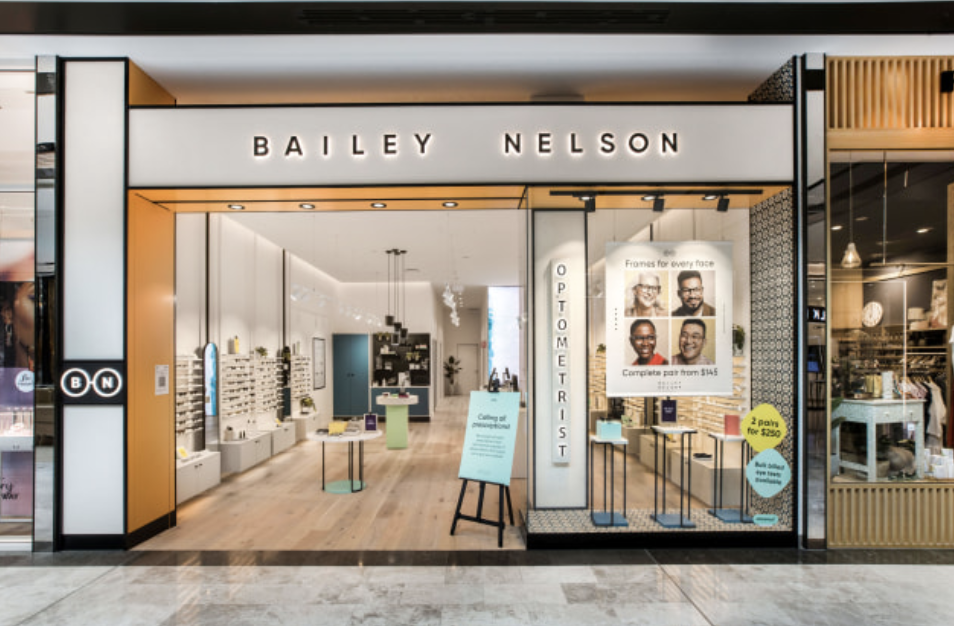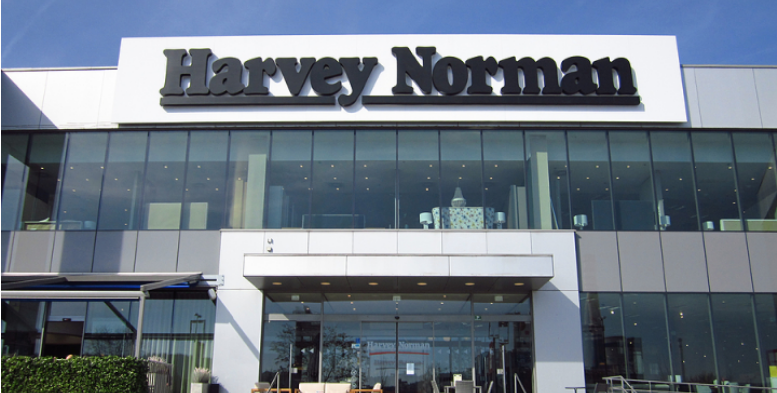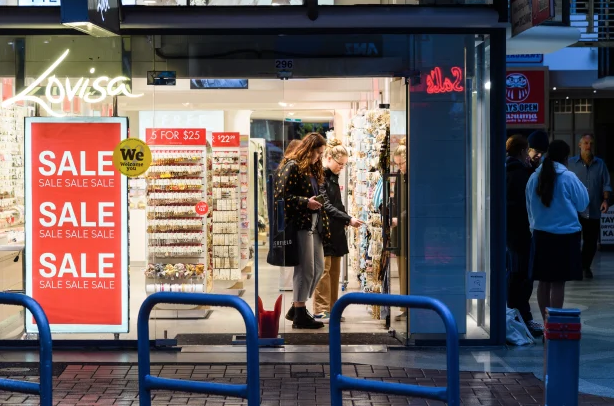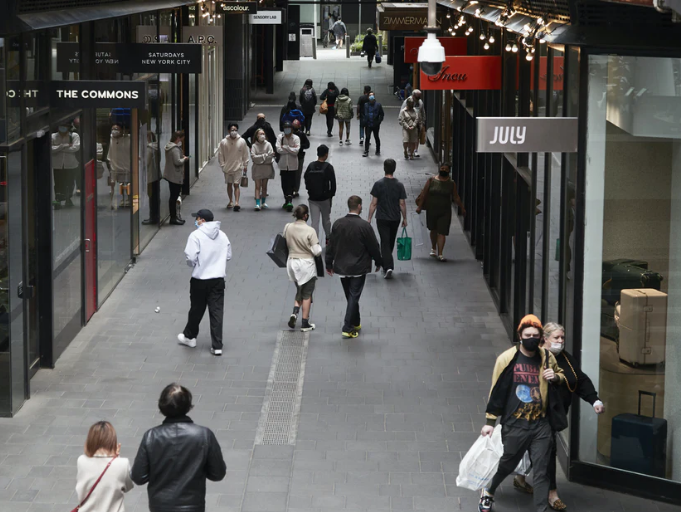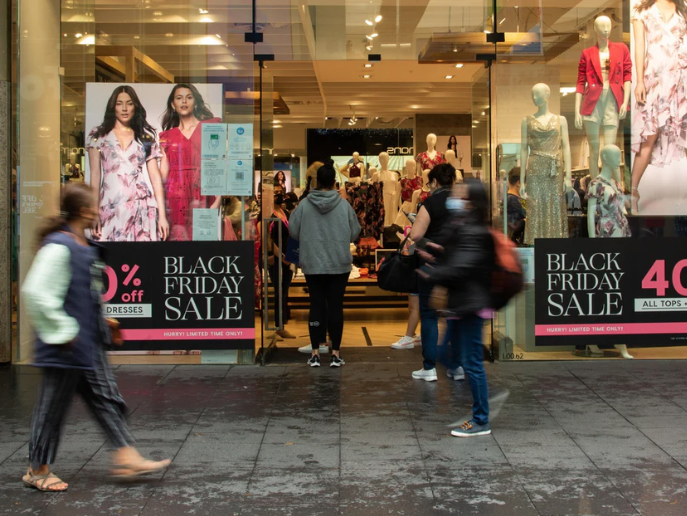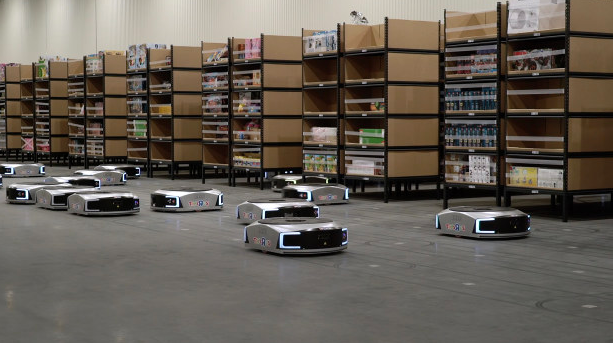
Construction has kicked off on a large logistics facility in Melbourne’s south-east that could point the way for how many Australians will shop in the future.
The 19,650 square metre property on McNaughton’s Road in Clayton – a 10-minute drive from Chadstone Shopping Centre – will be the new national headquarters of listed toy, hobby and baby products retailer Toys R Us Australia when it opens this year.
Developed by industrial property giant ESR, it will house a 14,785sq m automated warehouse at the back and a first-of-its kind 3230sq m “experience centre” at the front where shoppers can touch, feel and interact with thousands of products.
Products ordered in the showroom will be delivered directly to customers from the adjoining warehouse via automated mobile robots (AMRs) – giant disc-shaped devices that transport stackable pallets.
“What we are doing [with our new warehouse] is not just how people are shopping today, but how they will shop in three to five years,” said Louis Mittoni, CEO and managing director of Toys R Us ANZ. “It’s the way of the future for many retail businesses.”
While the integrated Clayton facility may be among the first of its kind in Australia’s $6.3 billion toy, hobby and baby products retail sector, the crossover between logistics and retailing has become an established phenomenon during the pandemic as more people shopped online and embraced click-and-collect from their local neighbourhood centres.
Last year, listed convenience mall owner SCA Property Group highlighted the value of its portfolio as a last-mile logistics hub while noting that Woolworths was adding mini automated “e-store” distribution centres at the back of some supermarkets in its centres to cater for online orders.
“Woolworths and Coles are using our centres for last-mile fulfilment, both for pick-up and home delivery,” said SCA chief financial officer Mark Fleming.
Also seeing the opportunity created by online shopping has been Westfield mall owner and operate Scentre Group, which has been expanding its Westfield Direct click-and-collect service.
“My ambition would be that we have all stores in Westfield available on Westfield Direct,” Scentre Group boss Peter Allen told The Australian Financial Review this week. “You’d be able to have an aggregated click-and-collect point at each one of the centres to be able to facilitate that.”
Speaking at the AFR Property Summit in December, ESR Australia CEO Phil Pearce said land next to some shopping centres could make way for smaller warehouses or dark stores (warehouses for click-and-collect only) rather than be developed into additional retail space.
In the outer suburbs, where land values are lower, some bulky goods retail outlets would be converted to industrial use “over time”.
The Toys R Us retail warehouse is being built on a 6.4-hectare last-mile logistics site less than 20 kilometres from Melbourne, which ESR acquired for $35 million just over two years ago. A 10-year leasing deal was struck last year.
Close to all the major motorways, the Clayton Business Hub will also be home to an 18,000sq m logistics facility leased to ASX-listed beauty products maker and marketer BWX.
Toys R Us, which once had 44 stores across Australia before its global parent went into administration, was reborn as a digital-first retailer in Australia after Dr Mittoni’s Hobby Warehouse acquired the local brand licence in 2019. In late 2020, Hobby Warehouse merged with ASX-listed Funtastic and changed its name to Toys R Us ANZ.
Dr Mittoni said the company planned to roll out experiences centres across the country to complement its pure-play e-commerce strategy.
“There will be far fewer of these experience centres [than the previous physical retail network], but they will be larger, destinational centres where families can go and interact with toys in a unique and fun manner.
An added feature of the experience centre will be its “endless aisle” offering, meaning customers can order and receive products from an online catalogue of tens of thousands of items stored in the warehouse, not just the 2000 or so products displayed in the showroom.
The new warehouse – four times the size of its interim facility – will allow Toys R Us to consolidate its e-commerce and logistics operations under one roof and cater for its ambitious growth plans fuelled by the surge in online toys sales. The company reported a 74 per cent rise in online sales in September year-on-year.
“If you look at other markets, like the UK into which we are expanding, by 2025, one third of retail will be online,” Dr Mittoni said.
“That trend is absolutely apparent in Australia, if you look at the growth in Australia Post’s parcel delivery business. We are investing just to keep up.”


